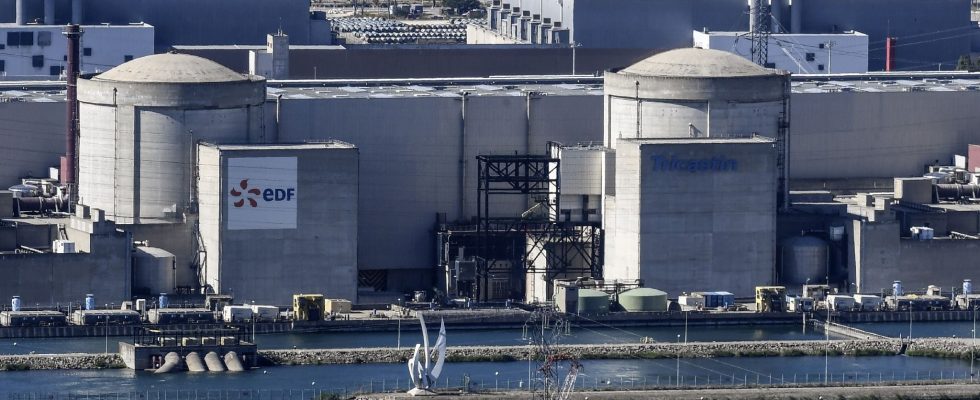The French start-up Jimmy submitted, this Monday, April 29, to the government the first authorization request in France for a mini-nuclear reactor, a step which opens an investigation process by the Nuclear Safety Authority (ASN ), the company announced.
If the file passes all the stages of investigation and authorization, the mini-reactor with a power of 10 megawatts could be directly connected to the industrial complex of the Cristal Union/Cristanol sugar group in Bazancourt (Marne), which produces alcohol and bioethanol. This reactor is a kind of nuclear fuel boiler whose objective is to “provide carbon-free heat” (steam) to industry “by replacing gas burners”, which release greenhouse gases into the environment. atmosphere, the company explained in a press release.
“The generators designed by Jimmy, with a lifespan of 20 years, are part of an energy mix complementary to large and medium power nuclear reactors and renewable energy sources,” she added. Its known technology is based on that of high temperature reactors cooled with helium.
This project is the first to be the subject of a “creation authorization request file”, among the ten small modular reactor projects (PRM, or SMR in English) currently monitored by the nuclear police in France, the ASN, according to this authority.
Up to three years of instruction
The file was submitted on Monday, according to the company, to the Ministry of Ecological Transition, which will then have to refer the matter to the ASN. Contacted by AFP, the ministry confirmed receipt of this request. “The Safety Authority is awaiting referral to the ministry,” said an ASN spokesperson. The instruction phase can take at least three years. “This will allow, in particular, all stakeholders to comment on the project, as well as the opening of an environmental study and a public inquiry,” adds Jimmy in his press release.
Smaller, less powerful than their big brothers in the historic nuclear fleet, SMRs must be able to produce electricity, but also provide heat to heavy industries (glass, chemicals, steel, etc.), today very dependent on energy. fossils.
The ASN promises to be “much more demanding” with regard to these new objects, intended to be mass-produced and deployed in numbers to be economically profitable. Alongside Jimmy, other projects are targeting the end of 2026 for their request, such as the Calogena boiler or the SMR carried by an EDF subsidiary, Nuward, which hopes to launch the “first concrete” of the head of the series in 2030.
In total, more than 80 projects have been identified around the world, of varying maturity. So far, only two countries have announced that they have put them into service: Russia (two SMRs on board a barge) and China (also two units), according to the 2023 report on the state of the nuclear industry produced by independent experts.
